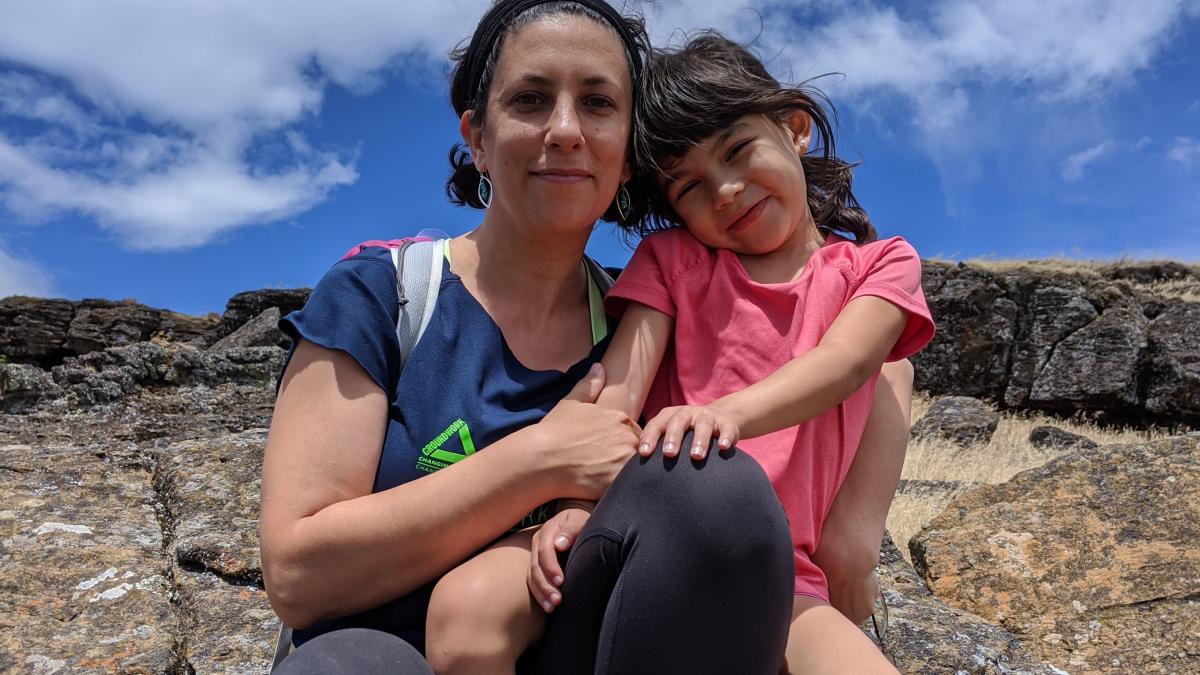
Cassie Cohen is the Executive Director of the Portland Harbor Community Coalition, a group that elevates the voices of people disproportionately impacted by contamination.
Back in 2012, Cassie Cohen was working for Groundwork Portland when she noticed two problems with the planning process for cleanup of the Portland Harbor Superfund Site. First, some of the potentially responsible parties (PRPs) were dominating the narratives about the cleanup with intensive media and public relations campaigns. Second, no community group seemed to be taking the lead on organizing the disproportionately impacted communities living in proximity to the polluted river.
"My organization- Groundwork Portland- convened some of the existing stakeholders to find out what the story was," recounts Cohen. Groundwork Portland was an environmental justice organization that supported community-driven redevelopment of brownfield sites. Brownfield sites are previously developed sites that are currently unused and likely contaminated.
Cohen soon found that the primary community group advising the U.S. Environmental Protection Agency (EPA) was made up of exclusively white members who worked on a volunteer basis. Black, Indigenous, and People of Color (BIPOC) groups were included in discussions organized by the PRPs as part of large outreach campaigns, but PRP rhetoric often dominated at those events.
"Clearly, there was a need to elevate the voices of people who are disproportionately impacted by contamination- including the houseless, Native Americans, and refugee-based groups," says Cohen. This became the mission of the brand new Portland Harbor Community Coalition (PHCC) that Cohen helped found.
Today Cohen is executive Director of PHCC which has one other fulltime and one half time staff along with two social work interns and 40 member organizations. PHCC participates in meetings with EPA, the Technical Advisory Group, and the Community Advisory Group, playing a key role in the development of EPA's community involvement plan and helping push the recommendations of the technical advisor, among other things.
In 2016, PHCC encouraged participation in EPA's public comment period for the Record of Decision (ROD)- the public document explaining the remediation plan for the cleanup of the Portland Harbor Superfund site. "Along with other groups, we really pushed hard to generate public comments from all over, and were able to get 5,300 comments submitted," says Cohen. "I think we hit a record on the west coast."
In the time leading up to the public comment period for the ROD, PHCC also put pressure on the City of Portland, the Port of Portland and the State of Oregon. Each of these entities is both a PRP and a public agency. "They all had been only playing the role of PRP for so long and hadn't done any really thorough public engagement. So we pressured them to step it up. And ultimately they have," says Cohen.
The City of Portland provided grant money to groups representing impacted communities to encourage participation in the public comment process for the ROD. Then they hired a public involvement staff person for their Bureau of Environmental Services who has been working with community stakeholders to create a "Portland Harbor Program" designed to engage the community. Now they have an ongoing grants program. "And that's all from our advocacy," says Cohen.
In March of 2021, PHCC helped launch the Portland Harbor Collaborative, driven by the desire of community stakeholders to create a forum like the Lower Duwamish Waterway Roundtable that would convene community stakeholders, EPA and Oregon Department of Environmental Quality- the entity responsible for limiting or eradicating ongoing sources of pollution to the river.
For Cohen the work is all about helping community members be engaged and vocal in the processes that determine how cleanup will be accomplished. This includes everything from determining cleanup levels to deciding the future use of properties along the Superfund site to making sure that affected communities benefit from jobs created as part of the cleanup. Recently PHCC has been able to secure some public involvement with procurement processes such as creating scopes of work and requests for proposals- this helps ensure that inclusivity, social justice and equity metrics are part of the remedial action phase of cleanup. "So that's been a win," says Cohen, "but it's slow-going for sure."
Find out how you can support the efforts of the Portland Harbor Community Coalition here.

